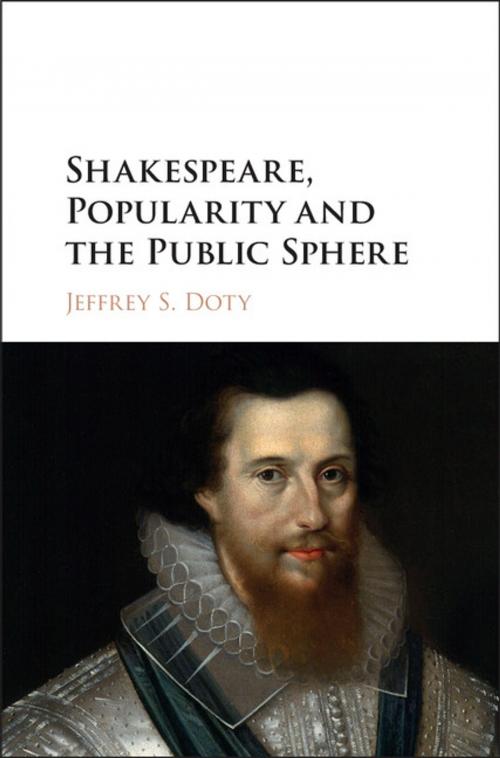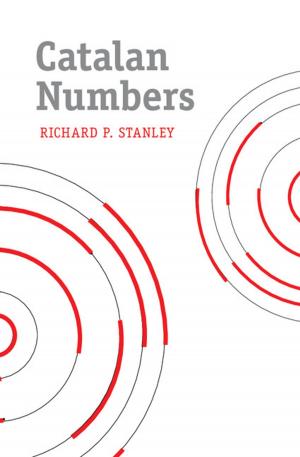Shakespeare, Popularity and the Public Sphere
Fiction & Literature, Literary Theory & Criticism, British| Author: | Jeffrey S. Doty | ISBN: | 9781316732212 |
| Publisher: | Cambridge University Press | Publication: | January 16, 2017 |
| Imprint: | Cambridge University Press | Language: | English |
| Author: | Jeffrey S. Doty |
| ISBN: | 9781316732212 |
| Publisher: | Cambridge University Press |
| Publication: | January 16, 2017 |
| Imprint: | Cambridge University Press |
| Language: | English |
In late Elizabethan England, political appeals to the people were considered dangerously democratic, even seditious: the commons were supposed to have neither political voice nor will. Yet such appeals happened so often that the regime coined the word 'popularity' to condemn the pursuit of popular favor. Jeffrey S. Doty argues that in plays from Richard II to Coriolanus, Shakespeare made the tactics of popularity - and the wider public they addressed - vital aspects of politics. Shakespeare figured the public not as an extension of the royal court, but rather as a separate entity that, like the Globe's spectators who surrounded the fictional princes on its thrust stage, subjected their rulers to relentless scrutiny. For ordinary playgoers, Shakespeare's plays offered good practice for understanding the means and ends of popularity - and they continue to provide insight to the public relations strategies that have come to define modern political culture.
In late Elizabethan England, political appeals to the people were considered dangerously democratic, even seditious: the commons were supposed to have neither political voice nor will. Yet such appeals happened so often that the regime coined the word 'popularity' to condemn the pursuit of popular favor. Jeffrey S. Doty argues that in plays from Richard II to Coriolanus, Shakespeare made the tactics of popularity - and the wider public they addressed - vital aspects of politics. Shakespeare figured the public not as an extension of the royal court, but rather as a separate entity that, like the Globe's spectators who surrounded the fictional princes on its thrust stage, subjected their rulers to relentless scrutiny. For ordinary playgoers, Shakespeare's plays offered good practice for understanding the means and ends of popularity - and they continue to provide insight to the public relations strategies that have come to define modern political culture.















